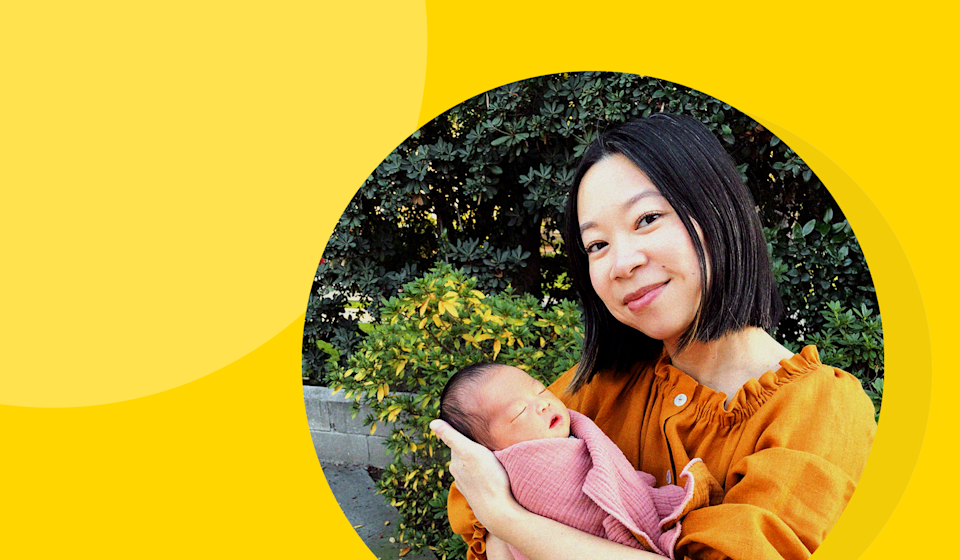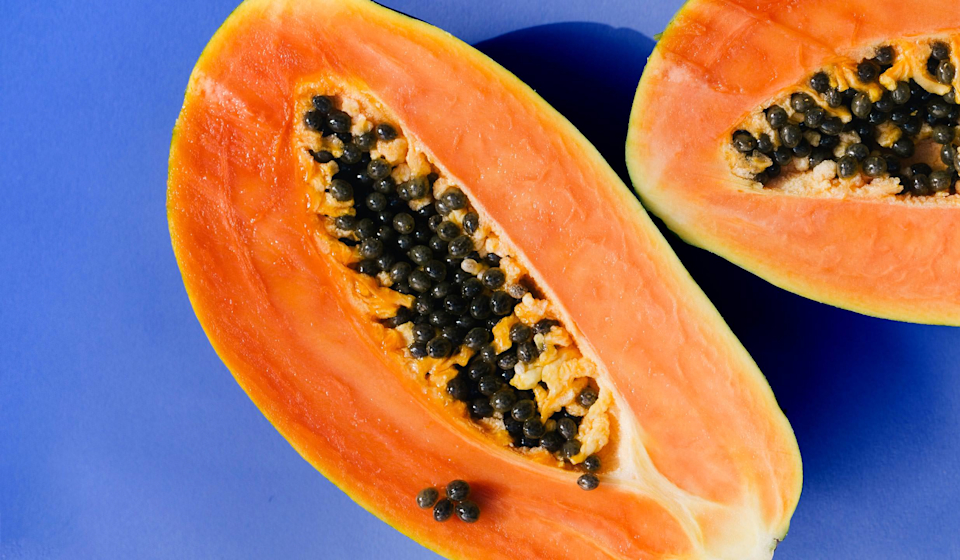Essential Takeaways
- Christine Corbett Moran is a jill-of-all-trades in the realm of science and engineering, and currently works at NASA—in addition to being a new mom. Her biggest life goal? To travel to space.
- "In the first six months, [I breastfed] for more than 500 hours or more. Imagine if that was a job that I was being paid for."
Christine Corbett Moran isn't one to say no to a challenge. That much is pretty obvious with just one look at the NASA engineer's CV, which boasts projects that span so many different genres of science, technology, and engineering, it's hard to imagine how anyone has the brainpower, let alone hours in the day. In 2016, she spent most of the year in Antarctica studying electromagnetic radiation. She has developed an app to help protect women from assault, Circle of 6, graced the TEDx stage, and regularly writes science fiction short stories. In 2017, she was one of the top 50 finalists in a pool of over 18,000 applicants for NASA's newest class of astronauts—and doesn't plan on stopping until she makes it to space. Oh, and did we mention that she became a mom last year?
Below, she shares a peek into her fascinating life—including her very practical approach to parental labor, the truth about breastfeeding, and why she thinks women are the future of STEM.













